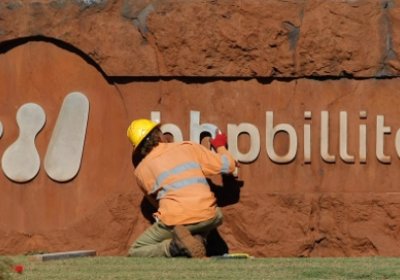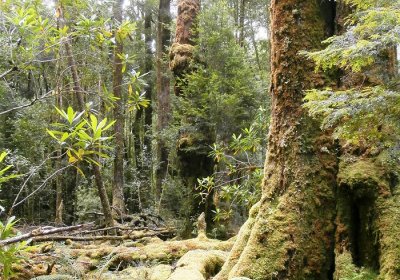Australia
Liberal Premier Colin Barnett has proposed reforms to license and register some forms of sex work. And again people are referring to the bill as “legalisation” and “partial decriminalisation” when it is not. It’s deeply concerning when big party politicians and mainstream journalists do not understand the proposed sex-work laws, and describe them as the opposite of what they are. Most Western Australians seem unaware that Barnett’s proposed bill is unnecessary, perpetuates stigma towards sex workers and will result in worse working conditions.
University students across Australia will take to the streets on May 14 to protest the federal Labor government’s $2.8 billion cuts to higher education. The call by the National Union of Students (NUS) for a “student strike against education cuts” has not only received support from students, but also the National Tertiary Education Union (NTEU), which covers university staff. On a number of campuses, NTEU members have been resisting cuts that university administrations claim are necessary due to lack of government funding.
- Previous page
- Page 656
- Next page











